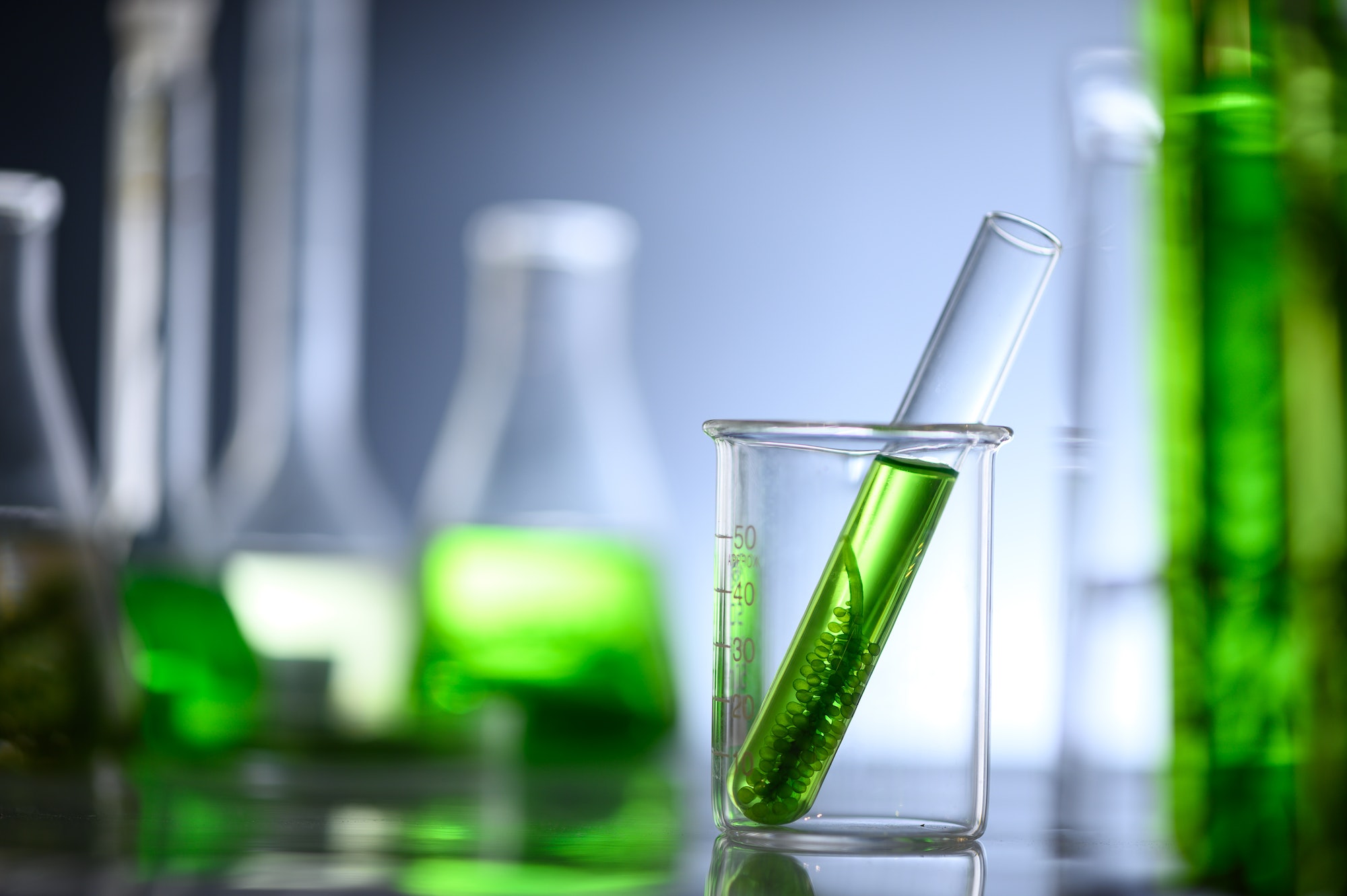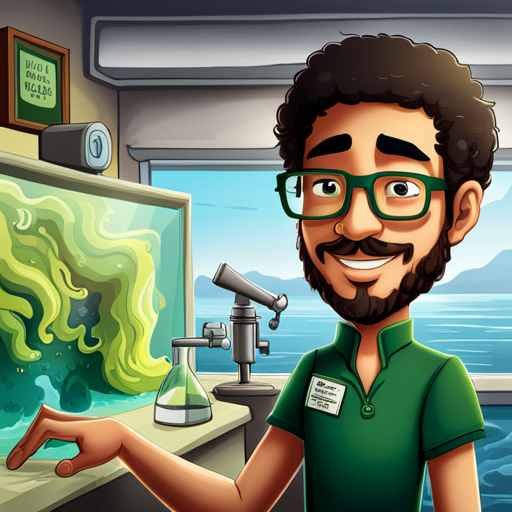Catalytic conversion processes are crucial in the development of algae-based biofuels and bioproducts. Algae have the potential to provide a sustainable and renewable source of energy, as they can be cultivated on non-arable land and do not compete with food crops for resources. In recent years, significant advancements have been made in algae conversion technologies and state-of-the-art algae biorefinery techniques.
One such technique is hydrothermal liquefaction (HTL), which involves the conversion of wet biomass into bio-crude oil under high temperature and pressure conditions. The process is particularly well-suited for the treatment of microalgae, which typically have a high water content. The resulting bio-crude oil can then be upgraded using catalytic hydrotreating to produce a range of valuable bioproducts, including biodiesel, aviation fuel, and other chemicals.
Another important catalytic conversion process used in algae biorefineries is pyrolysis. This thermal decomposition method converts dry biomass into bio-oil, char, and gas at elevated temperatures in the absence of oxygen. Fast pyrolysis is a promising approach for the production of bio-oil from microalgae due to its rapid reaction rates and high oil yields. However, the resulting bio-oil often contains high levels of oxygenated compounds, which can be detrimental to its stability and combustion properties. To address this issue, researchers are developing advanced catalytic upgrading techniques to improve the quality of the bio-oil.
Catalytic reforming is another key process used in algae biorefineries to convert syngas – a mixture of carbon monoxide and hydrogen – into valuable chemicals and fuels. Syngas can be produced from microalgae through gasification or anaerobic digestion. The Fischer-Tropsch (FT) process is a well-established catalytic reforming technique that can convert syngas into a range of hydrocarbon products, including gasoline, diesel, and waxes. The choice of catalysts used in the FT process plays a crucial role in determining the selectivity and yield of the desired products.
In addition to these conversion processes, researchers are developing novel biorefinery techniques that integrate various conversion pathways to maximize the value of microalgae biomass. One example is the concept of a “biorefinery on a chip,” where multiple catalytic conversion processes are conducted in parallel within a single microfluidic device. This approach has the potential to significantly reduce the energy consumption and environmental impact associated with conventional biorefineries.
Another innovative technique is the development of advanced extraction methods for the recovery of valuable compounds from microalgae. Traditional extraction methods often involve the use of toxic solvents and harsh conditions, which can damage the target compounds and generate waste. Researchers are now exploring greener extraction techniques, such as supercritical fluid extraction and enzyme-assisted extraction, to improve the efficiency and sustainability of this process.
The progress made in catalytic conversion processes and algae biorefinery techniques has led to several pilot-scale and commercial-scale projects worldwide. For example, Algenol, a US-based company, has developed an integrated biorefinery that combines HTL, gasification, and FT technologies to produce biofuels and chemicals from cyanobacteria. Another example is Neste, a Finnish company that has successfully demonstrated the production of renewable diesel from microalgae oil using its proprietary hydrotreating technology.
In conclusion, catalytic conversion processes play a critical role in the development of sustainable algae-based biofuels and bioproducts. Continued advancements in these technologies, along with innovative biorefinery techniques, hold great promise for unlocking the full potential of microalgae as a renewable source of energy and valuable chemicals.


